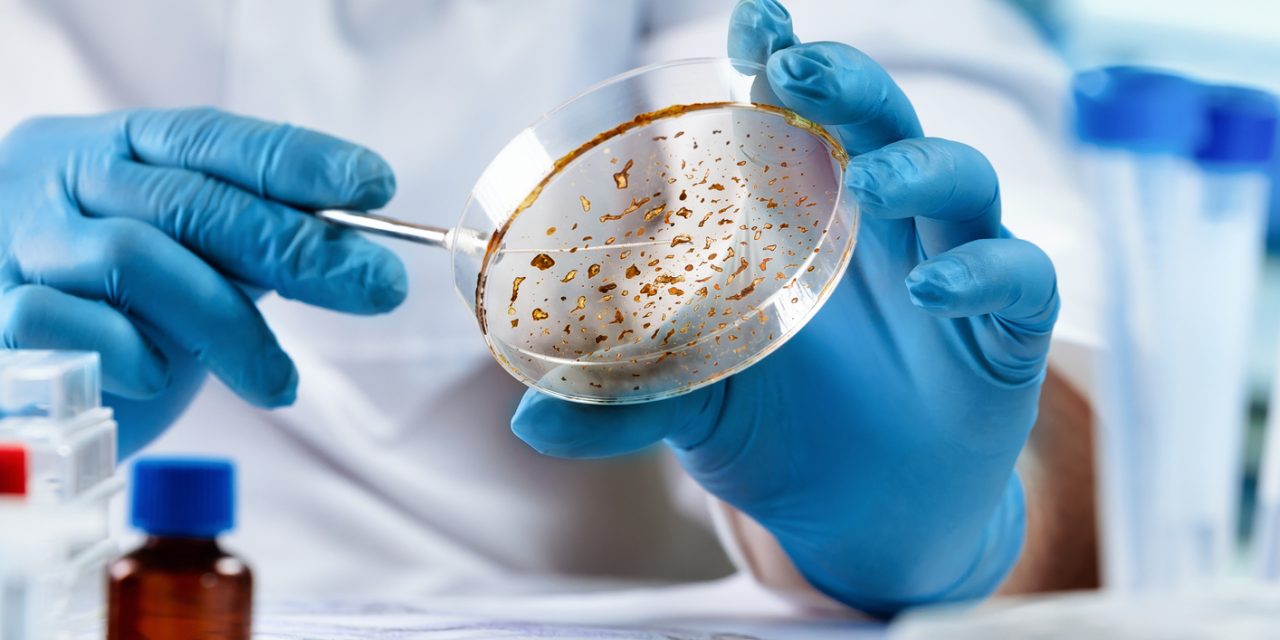Host lipids play important roles in Tuberculosis (TB) pathogenesis. Whether host lipids at TB treatment initiation (baseline) affect subsequent treatment outcomes has not been well-characterised. We utilised unbiased lipidomics to study the prospective association of host lipids with TB treatment failure.
A case-control study (n=192), nested within a prospective cohort study, was used to investigate the association of baseline plasma lipids with TB treatment failure among adults with pulmonary TB. Cases (n=46) were defined as TB treatment failure, while controls (n=146) were those without failure. Complex lipids and inflammatory lipid mediators were measured using liquid chromatography mass spectrometry techniques. Adjusted least square regression was used to assess differences in groups. In addition, machine learning identified lipids with highest area under the curve (AUC) to classify cases and controls.
Baseline levels of 32 lipids differed between controls and those with treatment failure after false discovery rate adjustment. Treatment failure was associated with lower baseline levels of cholesteryl esters (CE) and oxylipin, and higher baseline levels of ceramides and triglycerides compared to controls. Two CE lipids combined in a unique classifier model provided an AUC of 0.79 (0.65-0.93) in the test dataset for prediction of TB treatment failure.
We identified lipids, some with known roles in TB pathogenesis, associated with TB treatment failure. A lipid signature with prognostic accuracy for TB treatment failure was also identified. These lipids could be potential targets for risk-stratification, adjunct therapy and treatment monitoring.
Copyright ©The authors 2021. For reproduction rights and permissions contact permissions@ersnet.org.
Host Lipidome and Tuberculosis Treatment Failure.


